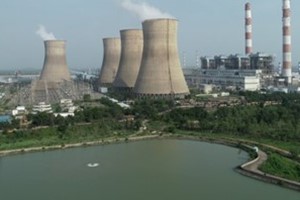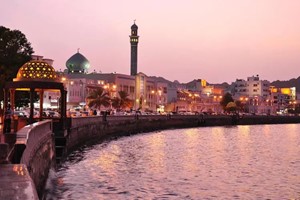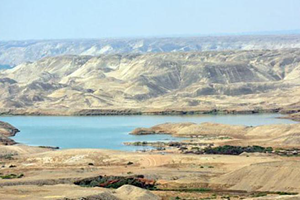Facing a mounting water crisis, the Brihanmumbai Municipal Corporation (BMC) has decided to relaunch its long-stalled desalination plant project in Manori village. This move comes months after scrapping the initial tender in September 2024 due to a lack of competitive bids. With Mumbai’s water demand expected to rise dramatically—from the current 3,800 million litres per day (MLD) to over 6,426 MLD by 2041—the civic body is prioritizing alternative water sources to supplement its existing supply.
The desalination plant, planned on a 12-hectare coastal site, will initially produce 200 MLD of potable water, with the potential to expand to 400 MLD. The estimated project cost stands at 42.24 million USD, and construction is expected to take four years once work begins. By tapping into seawater desalination, BMC aims to reduce Mumbai’s dependence on distant dams, which are increasingly vulnerable to climate variability and environmental restrictions.
BMC had originally floated the desalination tender in December 2023, but multiple extensions failed to attract sufficient interest. By the final deadline on August 29, 2024, only a single bid was received, leading to the tender’s cancellation. In the interim, the civic body focused on the 60 million USD Gargai Dam project in Palghar district. However, delays in environmental approvals and lengthy construction timelines forced officials to reconsider desalination as a more immediate solution. A senior civic official explained, “The Gargai Dam will take several years to complete. To address Mumbai’s immediate needs, we’ll revise the tender terms to attract more competitive bids and reissue the tender shortly.”
While the Gargai Dam, located 110 km from Mumbai, is expected to add 440 MLD to the city’s water supply, its completion is still years away. The project requires acquiring 659 hectares of forest land, for which the BMC has arranged afforestation in Chandrapur (488 hectares) and secured 400 additional hectares near Wada in Palghar. Until the dam clears environmental hurdles, Mumbai’s water security remains uncertain.
The desalination project has not been free from controversy. The Congress party previously alleged cartelisation in the bidding process, claiming that the tender terms were structured to benefit select contractors. They demanded greater transparency and called for a fresh tender if irregularities were found. The BMC’s decision to revise and reissue the tender suggests a response to both political scrutiny and the need for a fair, competitive bidding process.
With climate change intensifying and Mumbai’s population nearing 20 million, the pressure to develop resilient water infrastructure is growing. The revived desalination project signals a strategic shift in the city’s water management approach. However, its success will depend on efficient execution, transparent governance, and the ability to navigate both environmental and political hurdles.














